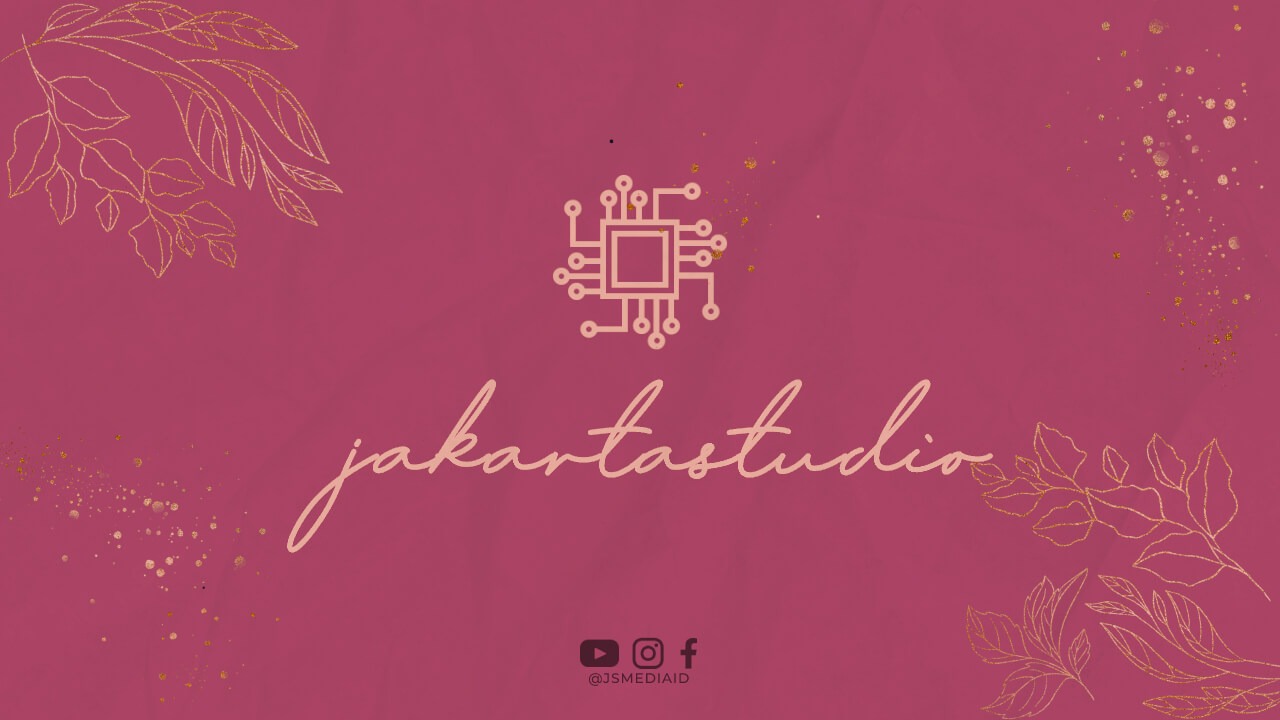Introduction
When it comes to banking, there are numerous terms and acronyms that can be confusing for the average person. One such term is PIF, which stands for “Paid in Full.” In this article, we will explore what PIF means in the banking industry and how it impacts individuals and businesses.
Understanding PIF
PIF, or Paid in Full, is a phrase commonly used in banking to indicate that a debt or loan has been completely paid off by the borrower. When a borrower makes regular payments towards their debt, they eventually reach a point where the outstanding balance is reduced to zero, and the debt is considered fully paid.
PIF is often used in the context of credit cards, where individuals make monthly payments towards their outstanding balances. Once the entire balance is cleared, the credit card account is said to be PIF.
Benefits of PIF
There are several benefits to achieving a PIF status on your loans or debts:
1. Financial Freedom: Paying off your debts in full provides a sense of financial freedom. It relieves the burden of monthly payments and allows you to allocate your funds towards other priorities.
2. Improved Credit Score: Successfully paying off your debts can significantly improve your credit score. A higher credit score opens up opportunities for better loan terms, lower interest rates, and increased borrowing capacity.
3. Reduced Interest Payments: By paying off your debts in full, you avoid paying additional interest charges over an extended period. This can save you a considerable amount of money in the long run.
Strategies to Achieve PIF
While achieving a PIF status may seem challenging, there are several strategies you can employ:
1. Budgeting: Create a realistic budget that allows you to allocate sufficient funds towards debt repayment. Prioritize paying off high-interest debts first and gradually work towards clearing all outstanding balances.
2. Debt Consolidation: Consider consolidating your debts into a single loan with a lower interest rate. This can simplify your repayment process and potentially save you money.
3. Additional Income: Explore opportunities to increase your income through part-time jobs or freelancing. Utilize this extra income to make larger payments towards your debts, accelerating the PIF process.
Impact of PIF on Credit Score
As mentioned earlier, achieving a PIF status can have a positive impact on your credit score. A higher credit score demonstrates responsible borrowing behavior and makes you a more attractive candidate for future loans.
On the other hand, consistently failing to achieve PIF and defaulting on your payments can severely damage your credit score. It can lead to difficulties in obtaining loans or credit cards in the future, or result in higher interest rates.
Conclusion
In conclusion, PIF, or Paid in Full, is a term used in banking to indicate that a debt or loan has been completely paid off. Achieving a PIF status provides numerous benefits, including financial freedom, an improved credit score, and reduced interest payments. By employing effective strategies and responsible borrowing behavior, individuals and businesses can work towards achieving PIF and securing a strong financial future.

